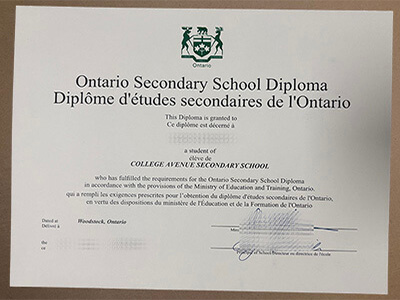-
VVahena 8762 2 months ago
A fake diploma is a document designed to look like a real academic certificate, often used to misrepresent a person's educational background. These documents can resemble diplomas from high schools, colleges, or universities, complete with seals, logos, and signatures. While some individuals purchase fake diplomas for harmless novelty or as gag gifts, others may use them to gain employment, promotions, or academic opportunities they are not actually qualified for. This has led to ethical concerns and legal risks for both the individual and any organization involved.
The appeal of fake diplomas has grown with the tvfake high school diploma of online printing services that offer highly realistic reproductions. These websites often allow customers to choose the school name, field of study, and even graduation date. Some providers specialize in customizing the look and feel to match genuine certificates issued by specific institutions or regions, such as U.S. high schools or Canadian provinces. This level of detail can make it difficult for employers or institutions to distinguish between real and fake credentials without performing thorough background checks.
The use of fake diplomas is illegal in many jurisdictions, especially when used to deceive employers or licensing boards. Penalties can include fines, job termination, and in some cases, criminal charges. Furthermore, those caught using fake documents may suffer long-term damage to their reputation, making it harder to secure future employment or educational opportunities.
Despite these risks, the demand for fake diplomas persists, often driven by the pressure to meet academic or career expectations. It’s essential for individuals to weigh the consequences before considering such an option. For organizations, investing in proper verification processes, such as contacting issuing institutions or using third-party credential-checking services, is a practical way to combat fraud.
While fake diplomas may offer a quick solution, they carry significant ethical and legal implications. It's always best to pursue legitimate educational paths to achieve long-term goals.


